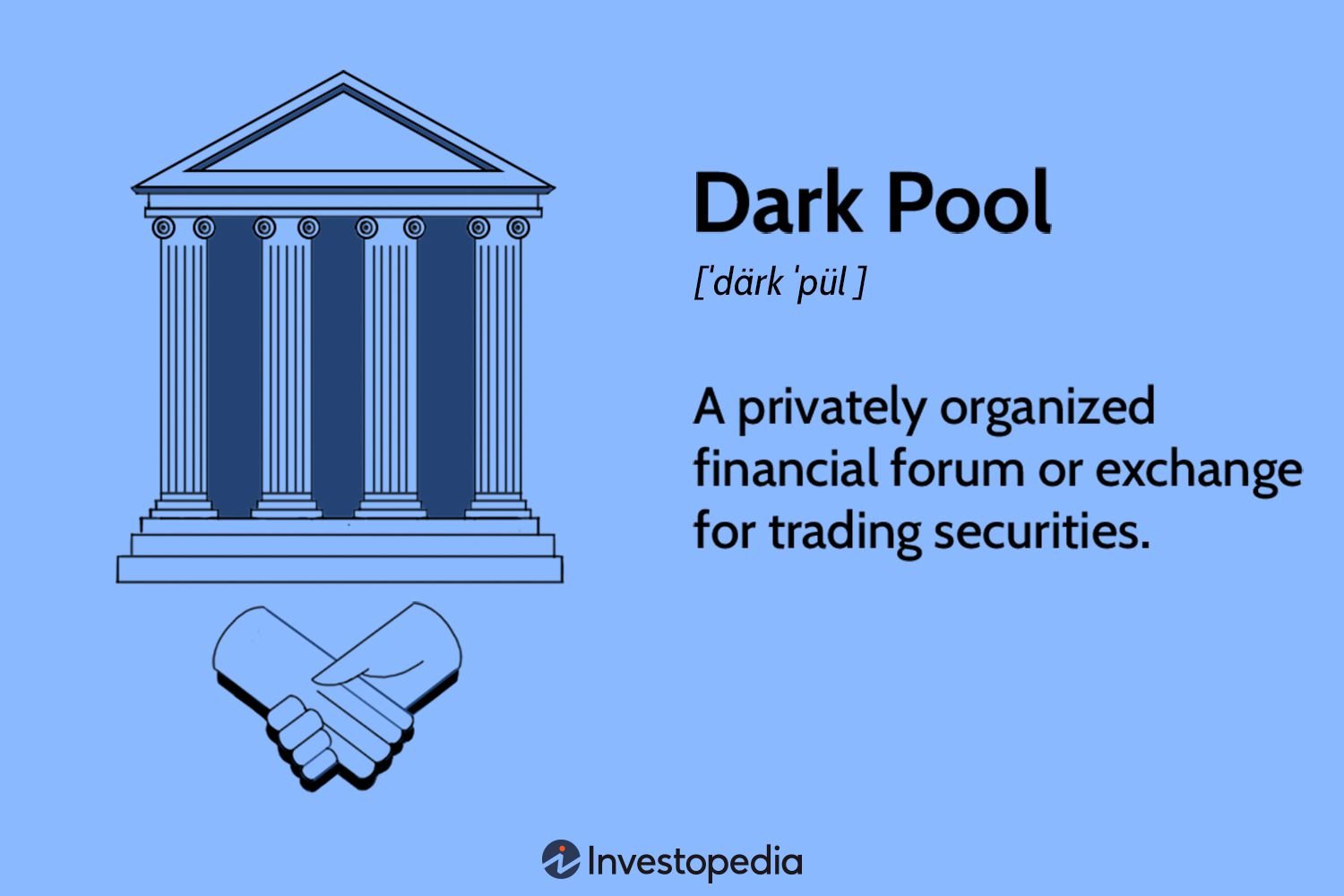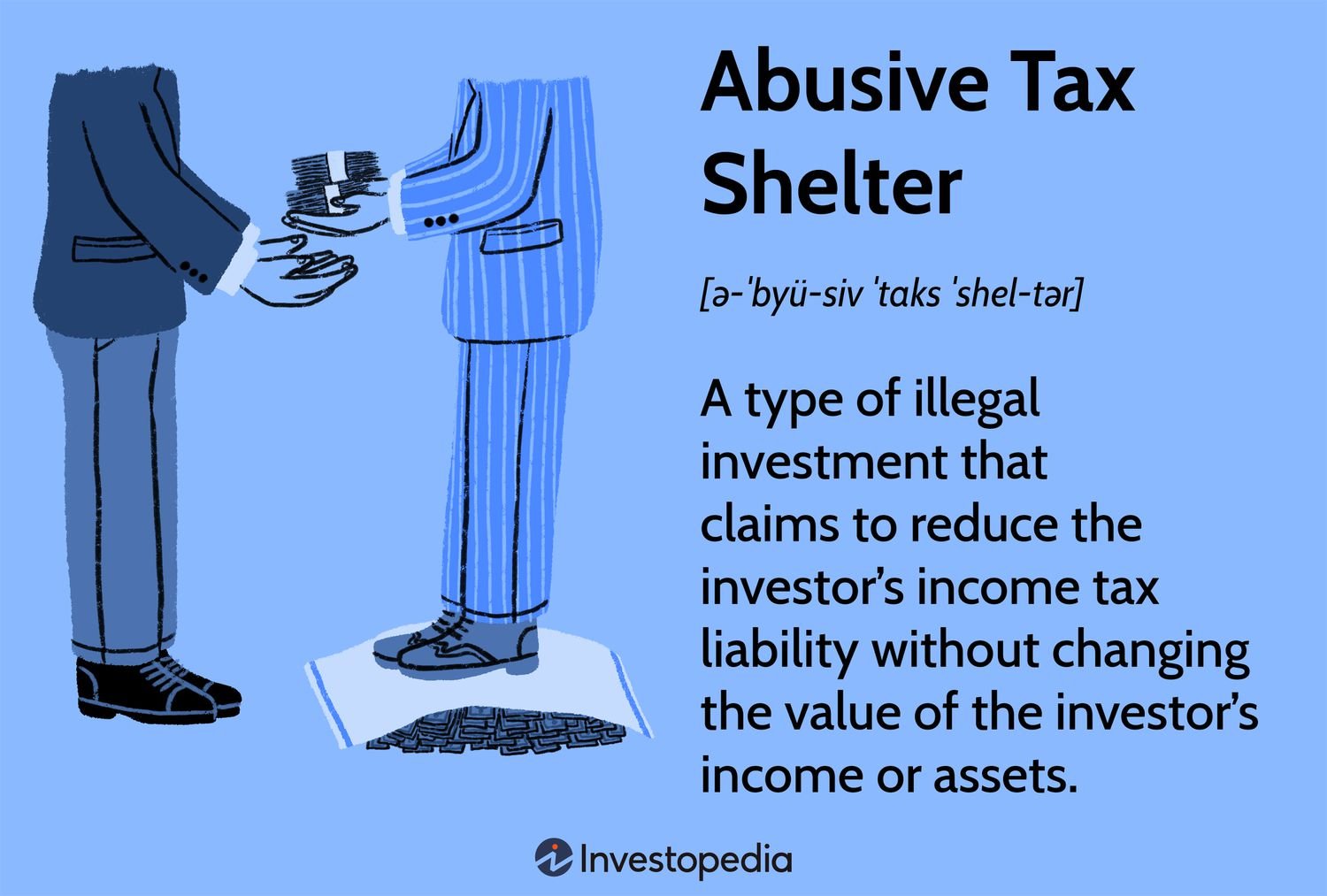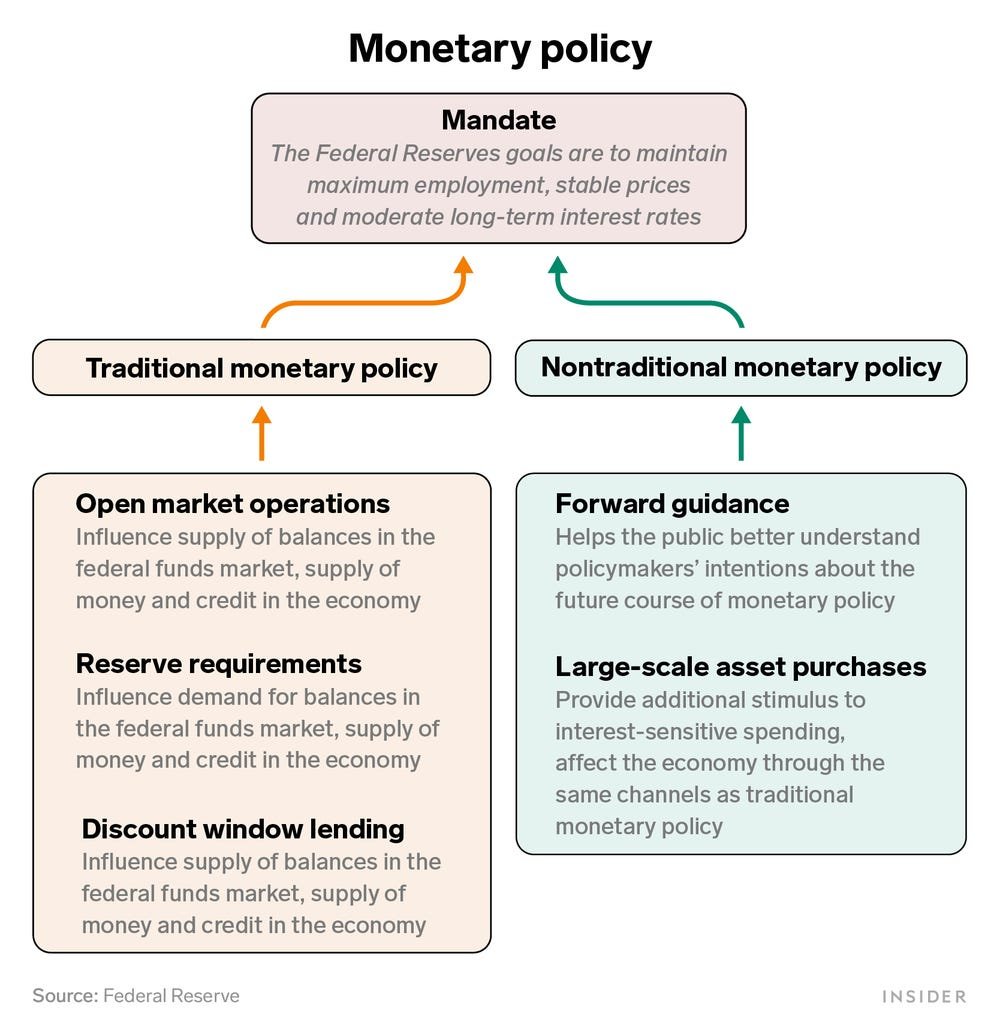Dark pools in stock trading have gained significant attention in recent years. But what exactly are they? In simple terms, dark pools are private trading venues where large institutional investors can buy or sell large blocks of shares away from the public eye. Understanding dark pools in stock trading is crucial for anyone involved in the stock market, as they play a significant role in shaping market dynamics and influencing stock prices. In this article, we will delve into the world of dark pools, demystifying their operation and shedding light on their impact on the broader market. So, let’s dive in and explore the fascinating world of dark pools!
Understanding Dark Pools in Stock Trading
Dark pools are a fascinating and often misunderstood aspect of stock trading. These private trading venues, also known as alternative trading systems (ATS), provide a discreet way for institutional investors to buy and sell large blocks of shares without impacting the public markets. In this article, we will delve into the world of dark pools, exploring how they work, their advantages and disadvantages, and their impact on the broader stock market.
What are Dark Pools?
Dark pools are private trading platforms that allow institutional investors, such as hedge funds and mutual funds, to trade large blocks of shares away from the public eye. Unlike traditional stock exchanges, dark pools do not display bid and ask prices or publicly broadcast trades. Instead, they provide a venue for participants to anonymously match buy and sell orders. The lack of transparency is one of the defining characteristics of dark pools.
How do Dark Pools Work?
Dark pools operate as electronic trading platforms that connect buyers and sellers of large blocks of shares. When an investor places an order in a dark pool, it goes into a central order book. The dark pool’s matching engine then attempts to find a compatible order, using algorithms to match buyers and sellers based on price and volume criteria.
Once a match is found, the trade is executed privately and reported to the participants involved. The details of the trade are not disclosed to the broader market until the trade has been completed. This opacity allows institutional investors to trade without revealing their intentions to the public and potentially impacting market prices.
Advantages of Dark Pools
Dark pools offer several advantages to institutional investors:
1. Increased Privacy: By trading in dark pools, institutions can keep their trading activities confidential, preventing other market participants from front-running their orders or taking advantage of their positions.
2. Reduced Market Impact: Large block trades can significantly impact the public markets, causing price slippage and unfavorable execution prices. Dark pools provide a way for institutional investors to execute large orders without disrupting market prices.
3. Liquidty for Large Orders: Dark pools attract a wide range of participants, including high-frequency traders, market makers, and other institutional investors. This deep pool of liquidity allows for the execution of large orders with minimal market impact.
Disadvantages of Dark Pools
While dark pools offer benefits to institutional investors, they also come with a set of drawbacks:
1. Lack of Transparency: The primary concern with dark pools is the lack of transparency. Since trades are not publicly displayed, retail investors and other market participants may not have access to critical information needed to make informed trading decisions.
2. Unequal Access: Dark pools are primarily accessible to institutional investors, potentially creating an uneven playing field. Retail investors may not have the same opportunities to trade in dark pools, limiting their ability to benefit from the advantages they offer.
3. Price Discovery: The lack of publicly available trade information in dark pools can impede price discovery in the broader market. This lack of transparency may lead to distorted market prices and reduced market efficiency.
The Impact of Dark Pools on the Stock Market
Dark pools have a significant impact on the broader stock market. While they provide institutional investors with a way to execute large trades efficiently, their presence can create challenges and potential risks:
1. Fragmentation: The existence of dark pools alongside traditional stock exchanges fragments liquidity across multiple venues. This fragmentation can make it harder for market participants to gauge supply and demand accurately, potentially leading to higher market volatility.
2. Regulatory Concerns: Regulators closely monitor dark pools to ensure fair and transparent trading practices. The lack of transparency in dark pools can make it difficult for regulators to detect and prevent market manipulation or abusive trading practices.
3. Market Liquidity: Some critics argue that dark pools divert liquidity away from public exchanges, reducing overall market transparency and liquidity. This concern raises questions about the potential impact on smaller investors who rely on public exchanges for trading.
Dark pools play a vital role in the world of institutional trading by providing a discreet and efficient venue for executing large block trades. While they offer advantages such as increased privacy and reduced market impact, they also pose challenges in terms of transparency and equal access to all market participants. It is essential for regulators to carefully monitor and regulate dark pools to ensure fair and transparent trading practices and maintain the overall integrity of the stock market. As the landscape of financial markets continues to evolve, understanding the role and impact of dark pools is crucial for investors, traders, and regulators alike.
I researched “dark pools” for 10 hours so you don’t have to
Frequently Asked Questions
Frequently Asked Questions (FAQs)
What are dark pools in stock trading?
Dark pools in stock trading refer to private exchanges where institutional investors can trade large volumes of securities without the transactions being visible to the public. These alternative trading venues provide anonymity, allowing participants to execute trades discreetly away from the public eye.
How do dark pools work?
Dark pools operate by matching buy and sell orders from participating institutional investors. Instead of broadcasting these orders to the public market, dark pools match orders internally, providing a hidden liquidity pool for large block trades. The trades are executed privately, away from public exchanges.
Why do institutional investors use dark pools?
Institutional investors use dark pools to minimize market impact when trading large volumes of securities. By executing trades away from public exchanges, they can avoid affecting the stock price and reduce the risk of other traders front-running their orders. Dark pools also offer increased privacy and reduced transaction costs.
Are dark pools legal?
Yes, dark pools are legal and regulated. They operate under the supervision of financial regulatory bodies such as the Securities and Exchange Commission (SEC) in the United States. However, there are rules and regulations in place to ensure fair trading practices and transparency within dark pools.
Do retail investors have access to dark pools?
In general, retail investors do not have direct access to dark pools. These private exchanges primarily cater to institutional investors and large financial firms. Retail investors typically execute their trades on public exchanges, where prices and volumes are visible to all market participants.
What are the advantages of trading in dark pools?
Trading in dark pools offers several advantages, including anonymity, reduced market impact, and potential cost savings. Participants can execute large block trades without revealing their intentions to the broader market, minimizing price volatility. Dark pools also provide access to hidden liquidity, potentially improving trade execution.
Are there any risks associated with dark pools?
While dark pools offer benefits, they also come with certain risks. One concern is the lack of transparency, as trades executed in dark pools are not visible to the public. This opacity can create challenges related to price discovery and market fairness. Additionally, there is a potential for conflicts of interest and information leakage in some dark pool setups.
How can regulators monitor and ensure fair practices in dark pools?
Regulators monitor dark pools to ensure fair practices and compliance with regulations. They require dark pool operators to report trading data and adhere to specific guidelines, such as reporting trade volumes and prices. Regulators also conduct audits and investigations to detect any potential manipulative or unfair activities within dark pools.
Final Thoughts
Understanding dark pools in stock trading is crucial for investors and traders alike. Dark pools refer to private exchanges where large institutional investors trade stocks away from public exchanges. These opaque trading platforms offer advantages like reduced market impact and improved liquidity for large trade orders. However, they also raise concerns regarding transparency and fairness in the market. By comprehending the concept and mechanics of dark pools, market participants can make informed decisions and navigate this alternative trading landscape more effectively. Understanding dark pools in stock trading is essential for staying ahead in the dynamic world of finance.



